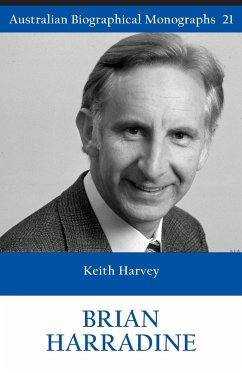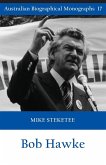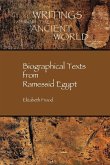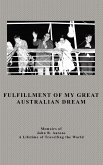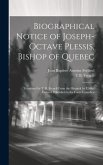Brian Harradine, Independent Senator for Tasmania from 1975 to 2004, refutes the view that independent parliamentarians have no place in our political system and exert no influence. On the contrary, this former Labor stalwart and trade union official, expelled from the ALP before entering parliament, shows just what an independent can achieve. Prime Minister John Howard acknowledged that although Harradine was "supportive of many the Government's positions on social issues" but when it came to industrial relations reforms he "remained at heart a Labor man" and was less helpful. In other words, he was no pushover. Harradine made governments stop, think and consult before they could legislate and act. So, it is for readers of this new, much overdue volume on the late Brian Harradine, to assess how to view this man, and, for many, this principled man. This new monograph is researched and written by Keith Harvey. Keith worked for 40 years in the Australian trade union movement, retiring in 2011. He is a member of the Australian Labor Party. His memoir - Memoirs of a Cold War Warrior - was published by Connor Court in 2021 and recounts his experiences as an anti-Communist activist in the union movement. Keith is interested in the intersection of religion with social policy and action, especially Catholic social teaching. These issues were an important influence in the life and work of Brian Harradine.

